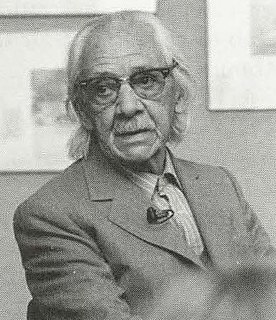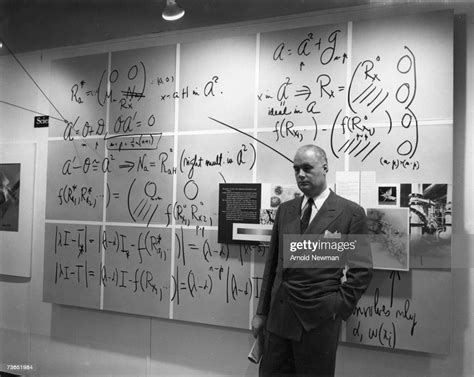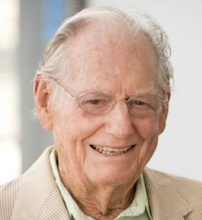A Quote by Manuel Alvarez Bravo
I think that a visual artist's philosophy develops much more freely than a writer's or a thinker's philosophy. It is not so disciplined. The photographer works with both his eyes and his mind.
Related Quotes
Philosophy - reduced, as we have seen, to philosophical discourse - develops from this point on in a different atmosphere and environment from that of ancient philosophy. In modern university philosophy, philosophy is obviously no longer a way of life, or a form of life - unless it be the form of life of a professor of philosophy.
I said earlier that I do not believe an artist's life throws much light upon his works. I do believe, however, that, more often than most people realize, his works may throw light upon his life. An artist with certain imaginative ideas in his head may then involve himself in relationships which are congenial to them.
Each typeface is a piece of history, like a chip in a mosaic that depicts the development of human communication. Each typeface is also a visual record of the person who created it - his skill as a designer, his philosophy as an artist, his feeling for... the details of each letter and the resulting impressions of an alphabet or a text line.
Leonard [Nimoy] was such a teacher for me. He was one of the most fully realized human beings I have ever known on every level - in his personal life with his personal relationships and his love for his wife and his evolution with his family. Then as an artist, as an actor, as a writer, as a poet, and as a photographer. He never stopped.
Life is more than thought: what a man feels, and what his senses awaken in him, are more indispensable to his life's fullness than subsequent reflection on their significance. Both Stirner and Nietzsche have elaborated Faust's opening speech in which he bemoans his wasted years in academia: this speech is Goethe's own impeachment of Kant and Hegel . Philosophy proceeds always under the risk of making a fetish of thinking.
In Dogen's writing, the practical instruction, philosophy and poetry are together in one voice. People hear about his poetry, go to his work, and expect to find poetry, or they hear about his philosophy and expect to find philosophy. They look just for practical instruction and find poetry and philosophy. They can't make out the complexity of his writing, become frustrated and let him go.
A writer must always try to have a philosophy and he should also have a psychology and a philology and many other things. Without a philosophy and a psychology and all these various other things he is not really worthy of being called a writer. I agree with Kant and Schopenhauer and Plato and Spinoza and that is quite enough to be called a philosophy. But then of course a philosophy is not the same thing as a style.
Poetry is a bad medium for philosophy. Everything in the philosophical poem has to satisfy irreconcilable requirements: for instance, the last demand that we should make of philosophy (that it be interesting) is the first we make of a poem; the philosophical poet has an elevated and methodical, but forlorn and absurd air as he works away at his flying tank, his sewing-machine that also plays the piano.
My teacher introduced me to this photographer Eugène Atget. He was a French photographer in the late 1800s up until 1927 in Paris. He didn't consider himself an artist, but he was probably one of the artists of the 20th century. This guy documented all of Paris during those years. It's unbelievable. The books are phenomenal. The Museum of Modern Art has all his stuff now and [American photographer] Berenice Abbott saved his work. Not very much is known about his life, but the work is unreal and it totally spoke to me. He was the only artist for a number of years that I cared about at all.








































